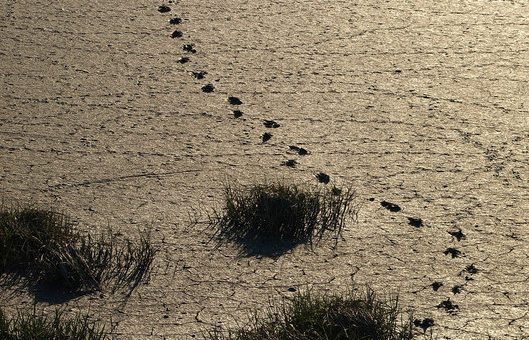
I am home, I am safe
Guest post by WAVAW Volunteer
The exterior of my house is off-white, fenced off from a busy street by a grey fence.
After months of searching I have finally moved into a neighbourhood where I can feel and be safe. I live in a collective house with other queer people, some of whom are racialized like me and some of whom also experience mental unwellness. I am lucky, in spite of being an unemployed university student, to be able to afford the rent and to live with other queer people. I see myself as incredibly lucky, though you might criticize the awkwardly built walls of the house, the unreliable plumbing, the adjacent roaring traffic. You might even disapprove of the vast number of dispensaries nearby.
But I am safe.
I imagine some people see where I live (and, er, my room) as dirty, the same dirty they might see my body, my race, my queerness, my way of living. That feeling of being dirty, of never being good enough, is also part of my experience of surviving sexualized violence, a kind of violence that is connected to the profound disconnection my body experiences having been displaced from my language, culture, and ancestral homelands all the way across the ocean. This violence is also one that I am enacting, just by occupying Coast Salish territories as a settler.
Right now, I am safe. But not everyone is.
When I think about how I can make a difference for women who are surviving various forms of sexualized violence, I think about that sense of feeling profoundly dirty, and being seen as dirty. I think about how I have grown to be afraid of the dirt, of getting physically dirty, of knowing what it’s like to touch the soil without worrying about bacteria. I think about how violence has convinced me to believe that dirt is shameful, and how the only way to escape violence is to live in an upper-middle class, white nuclear family. A husband and father who will protect you. A bank account that will protect you. Glass walls and a roaring hybrid car that will protect you.
 My racialized father is violent because his culture is violent, or so says white supremacy. My ancestor’s rural background is inferior, or so says capitalism. My body and sexuality are shameful, and that same white supremacy would solely blame my culture.
My racialized father is violent because his culture is violent, or so says white supremacy. My ancestor’s rural background is inferior, or so says capitalism. My body and sexuality are shameful, and that same white supremacy would solely blame my culture.
When I think of how I can make a difference for women who are surviving rape and sexual assault, I think of my gratitude to women who have been upholding safety for me and for others for centuries. I think of women who have upheld safety within unsafe working conditions and throughout wars and genocide and violent political regimes for centuries. I think of women who have and continue to take care of the land, on Turtle Island (North America) and over the world. I think of women who take care of homes to make sure they are safe for their children, so those children can grow up to make the world safer. Women who might not ever be given credit for the labour of doing something so vital. I think of how ‘home’ is so foreign to me. I think of how ‘family’ feels so strange on my tongue. I think of all the things that got me to finally live in a home that is safe. I think of how sometimes I still worry I am not.
I think of women who do not have a safe place to sleep at night, no walls or roof to keep them safe. I think of how dirt keeps plants alive, and how plants keep us alive. I think of how painful it feels to merely think, how there seems to be nothing for me to hold onto everyday to know for certain that people, especially young women like myself, are safe. How rape culture has affected my capacity to stay within my body, in all its glorious imperfections. How frequently I escape my body, even though I am my body.
“It’s all in your head,” says those who accuse women of exaggerating the violence they’ve experienced.
While these accusations are absolutely wrong, it’s true that ending violence against women cannot merely take place in our heads. For those of us who have survived sexualized violence, living within a rape culture can make us forget that our bodies know more than our heads do. For those of us who may not know what that’s like, we are responsible for honouring the truths survivors tell us. Those truths have the potential to move and change all of us.
Violence attacks our bodies. Violence attacks our spirits. Violence attacks the land. But our bodies remember. Our spirits remember. The land never forgets.
The knowledge we carry with us as we move across this earth, as we move in and out of multiple homes, tell us when we are safe. Not everyone is safe. There are institutions and governments and laws and people actively making sure that not everyone is safe. But it comforts me to know that somewhere in this world safety exists. And all bodies need safety. We must all find it for one another and ourselves.
- On May 13, 2015

